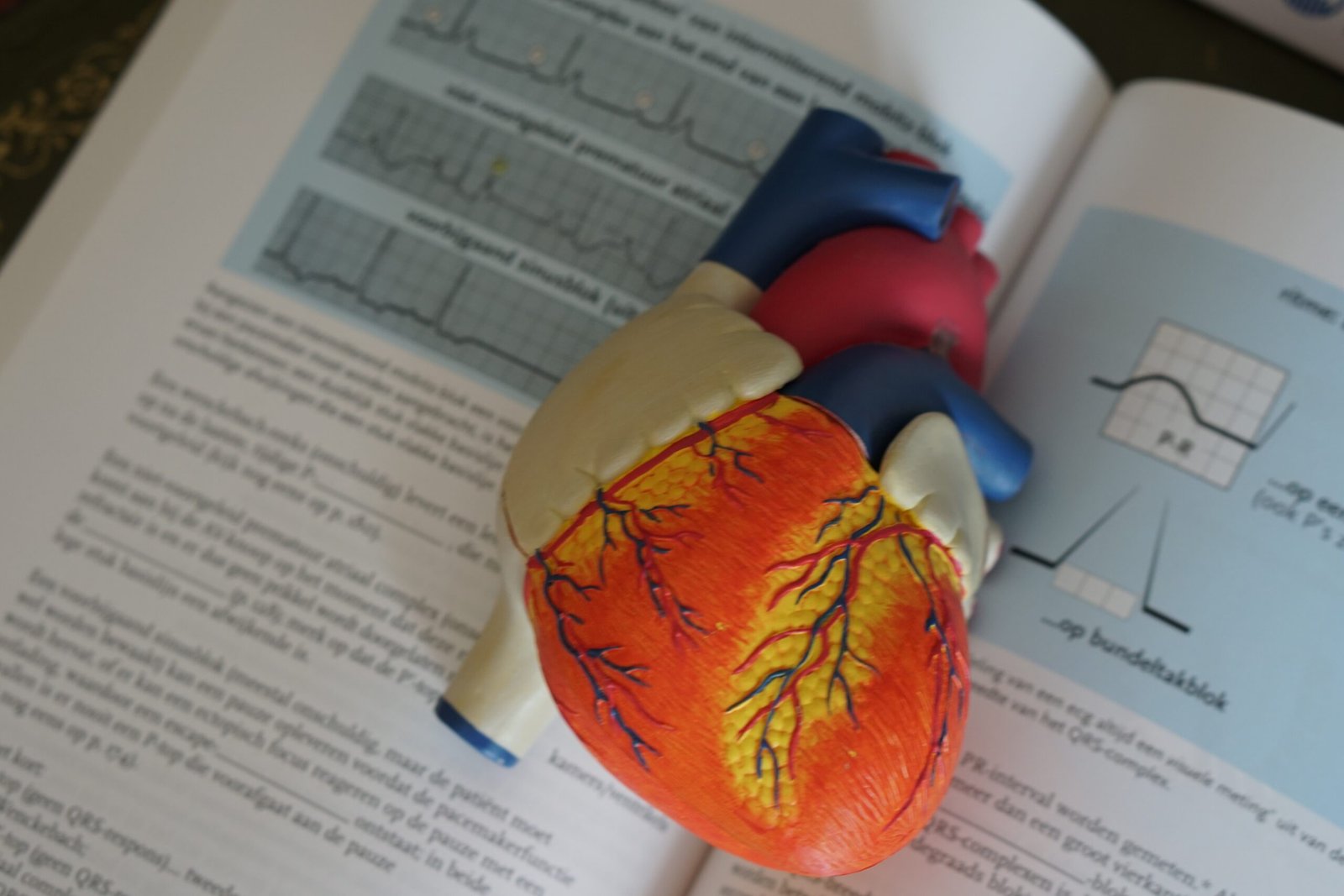Welcome to the world of cardio secrets! In this article, we will explore five essential must-dos for a healthy heart. Your heart is a vital organ that works tirelessly to keep you alive and kicking. By incorporating these practices into your lifestyle, you can maintain a healthy heart and reduce the risk of cardiovascular diseases. So, let’s dive in!
1. Eat a Heart-Healthy Diet
Your diet plays a crucial role in maintaining the health of your heart. Incorporating nutrient-rich foods such as fruits, vegetables, whole grains, lean proteins, and healthy fats can significantly reduce the risk of heart disease. Avoid excessive intake of processed foods, saturated fats, and sugary beverages, as they can contribute to heart-related issues.
Additionally, reducing your sodium intake can help regulate blood pressure levels. Opt for low-sodium alternatives and try to limit the use of salt while cooking. Remember, a balanced diet is the key to a healthy heart!
2. Stay Physically Active
Regular physical activity is essential for maintaining a healthy heart. Engaging in cardiovascular exercises such as walking, jogging, cycling, swimming, or dancing can strengthen your heart muscles, improve blood circulation, and lower the risk of heart disease.
Aim for at least 150 minutes of moderate-intensity aerobic activity or 75 minutes of vigorous-intensity aerobic activity per week. Additionally, incorporating strength training exercises can further enhance your heart health. Consult with your healthcare provider to determine the best exercise routine for you.
3. Manage Stress Levels
Chronic stress can have a detrimental impact on your heart health. High-stress levels can lead to an increase in blood pressure, heart rate, and cholesterol levels. Therefore, it is crucial to find effective ways to manage stress.
Engage in activities that help you relax and unwind, such as meditation, deep breathing exercises, yoga, or spending time in nature. Prioritizing self-care and maintaining a healthy work-life balance can also contribute to stress reduction and a healthier heart.
4. Quit Smoking
Smoking is one of the leading causes of heart disease. The chemicals present in tobacco smoke can damage your blood vessels and increase the risk of blood clots, heart attacks, and strokes. Quitting smoking is one of the best things you can do for your heart.
Seek support from healthcare professionals, join smoking cessation programs, or explore nicotine replacement therapies to help you quit smoking. It may be challenging, but the benefits to your heart health are well worth the effort.
5. Get Sufficient Sleep
A good night’s sleep is essential for your overall health, including your heart health. Lack of sleep can contribute to high blood pressure, obesity, and diabetes, all of which are risk factors for heart disease.
Aim for 7-9 hours of quality sleep each night. Establish a bedtime routine, create a comfortable sleep environment, and avoid electronic devices before bed to promote better sleep. If you have trouble sleeping, consult with a healthcare professional for guidance.
Conclusion
By following these five must-dos for a healthy heart, you can significantly improve your cardiovascular health and reduce the risk of heart disease. Remember, small lifestyle changes can make a big difference in the long run. Prioritize your heart health and enjoy a life filled with vitality and well-being!
Disclaimer: This article is for informational purposes only and should not replace professional medical advice. Consult with a healthcare professional before making any significant changes to your lifestyle or starting a new exercise routine.
